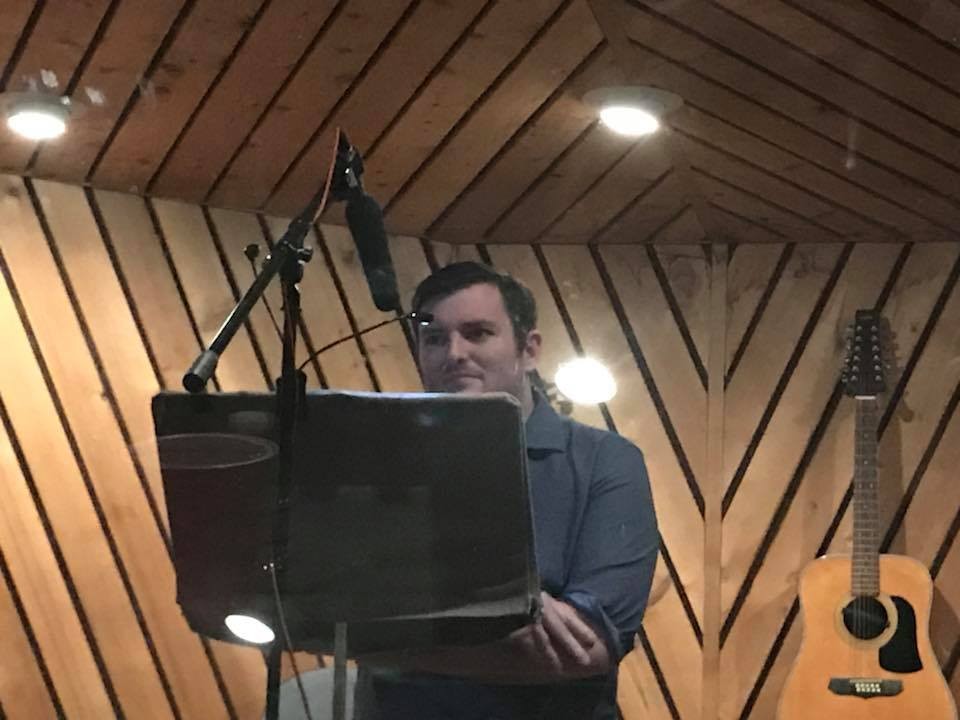Alright – so today we’ve got the honor of introducing you to Adin Rudd. We think you’ll enjoy our conversation, we’ve shared it below.
Hi Adin, thanks for joining us today. When did you first know you wanted to pursue a creative/artistic path professionally?
I’ve always been kind of the impressionist in my friends group, and when I first graduated high school, I didn’t know what to do, so I went to community college with an undeclared major (Citrus College in Glendora). I was also in the anime club there, and every year, the club would go to Anime Expo here in LA. I went with them in 2011, my friends told me that the convention had a voice acting competition called “AX Idol” (since I was the impressionist), and I decided to try out! However, I had no acting training, so I didn’t do really well, but it was something I had a lot of fun with. I also met plenty of the other actors pursuing this career, and they were all very welcoming, fun people that I got to hang out with the whole weekend.
So, I figured, this is something I enjoy doing, I enjoy the other people doing it, and, given that it fit my aptitudes, it was something I knew I could get really good at if I put the work in.
I changed my major to Theatre, did a few classes at Citrus, then transferred to Cal State Fullerton and got my Bachelor’s in theatre there in 2016, and all that training really confirmed that this was what I wanted to pursue!
On top of that, in 2013, when I was still in school, the company that had put on AX Idol (Bang Zoom! Entertainment) was doing open auditions for a series called “Magi: The Labyrinth of Magic”. I tried out, and within a week, they called me back, and I got my first professional job working on that series.
Everything else built from that :)
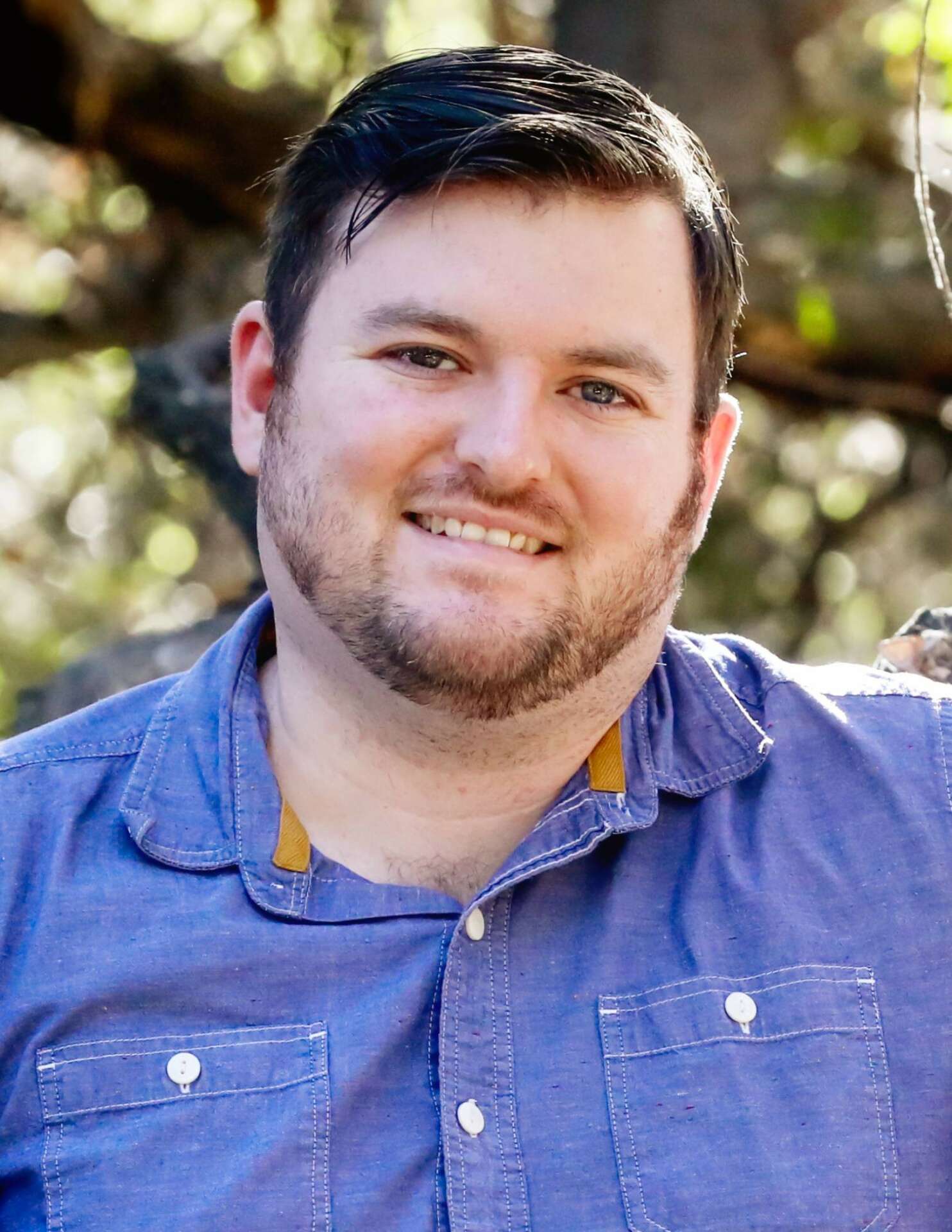
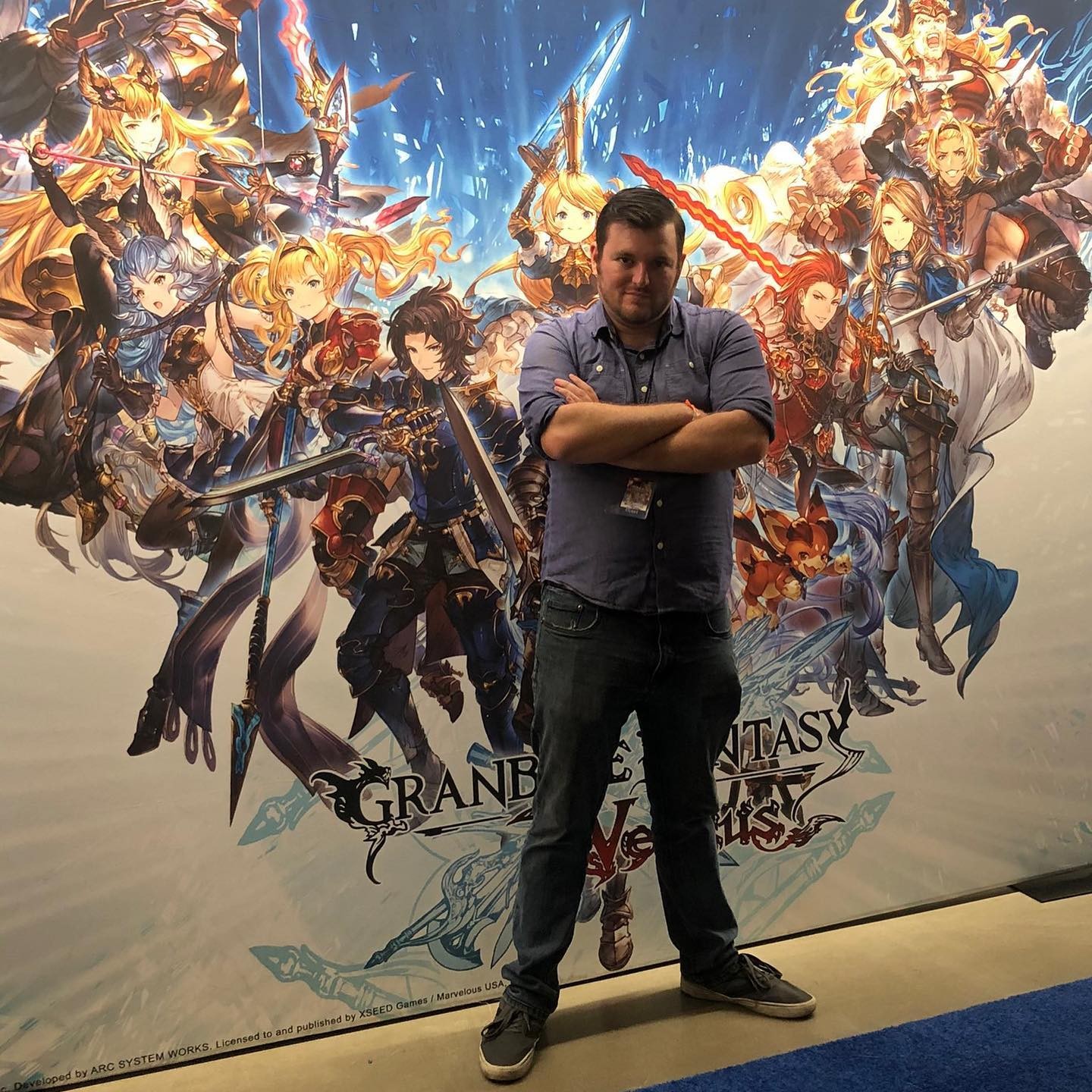
Adin, before we move on to more of these sorts of questions, can you take some time to bring our readers up to speed on you and what you do?
I work as a voice actor for animation, video games, dubbing, commercial work, etc. Some of my credits include roles like Beelzebub in Granblue Fantasy Versus, Lysandre in Pokemon Evolutions, Archie in Pokemon Masters, Scrapface in Transformers: War for Cybertron, as well as player character roles in the video games Tiny Tina’s Wonderlands and Monster Hunter Rise. I’ve also worked on projects like One Piece, Genshin Impact, Advance Wars: Reboot Camp, Jojo’s Bizarre Adventure, and many others. Commercially, I’ve done campaigns for companies like Credit Karma, Spectrum Cable, and Hall’s Cough Drops (and the Hall’s spots are still running today!)
Usually, my day to day consists of auditioning for new projects (that’s the real job, honestly), working sessions here and there, meeting with new and old contacts and friends in the industry, and honestly, playing video games and streaming, because doing those things can inspire you and give you important information on the trends of industry. I also coach VO, both for commercial and character work.
In terms of what I’m most proud of, it’s honestly the culmination of all the work that’s built my career up until this point. I used to drive for Uber as my main source of income, and I would mostly listen to VO podcasts, interviews with industry professionals, etc, and try to absorb as much information as I can. And because of that, I’ve gotten to play characters I’ve loved, like Beelzebub in Granblue Versus or Kun Jun from Genshin Impact, and I’ve gotten to work on projects and in series that I’ve loved since I was a kid, like Pokemon or the Borderlands franchise (Tiny Tina’s Wonderlands).
Personally, my philosophy is that voice acting is the same as acting on stage or on camera, the only difference is that the performance goes through a microphone instead of a stage or camera. And because it’s acting, because it’s an art, not a science, our goal is not complete perfect technical precision. Our goal is to bring our humanity; our stories, our personalities, our thoughts, our feelings, to every project we work on. And that’s how I’ve always tried to operate in my career; the perfection is in the imperfections. People always seem to think that my field is about your voice and how many different voices you can do, and while that is a factor to an extent, the acting is honestly what comes first by a LARGE margin.
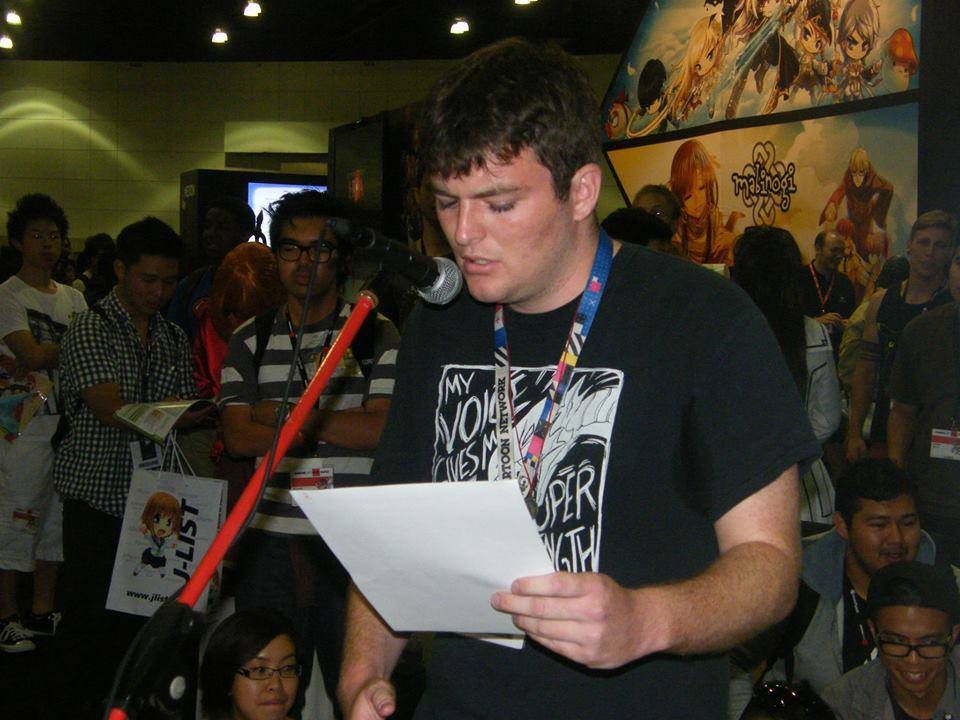
What’s a lesson you had to unlearn and what’s the backstory?
When I was getting my Bachelor’s in Theatre in college, I was CONSTANTLY in my head and obsessing over every little detail about my performance and my work. A big part of this was just how cutthroat the program I was in was; there were around 15 slots in the BFA acting program, over 100 students gunning for those slots, and they’d decide who got them at the end of your sophomore year.
I actually didn’t get into the program! And it was largely because I was so in my head about what I was doing at all times, especially physically, that it made aspects of my performance feel stilted and awkward.
My best work started showing up once I learned to let that go. To just trust that I knew what I was doing, that I could communicate it effectively, and that it would resonate with people. Once that happened, my work took a HUGE step up.
And, as the ultimate irony, despite not making the program, a couple years ago my university paid me to give a master class on voice over to the same BFA acting program I was denied entry to years before.
I gotta tell you, that felt AMAZING :P
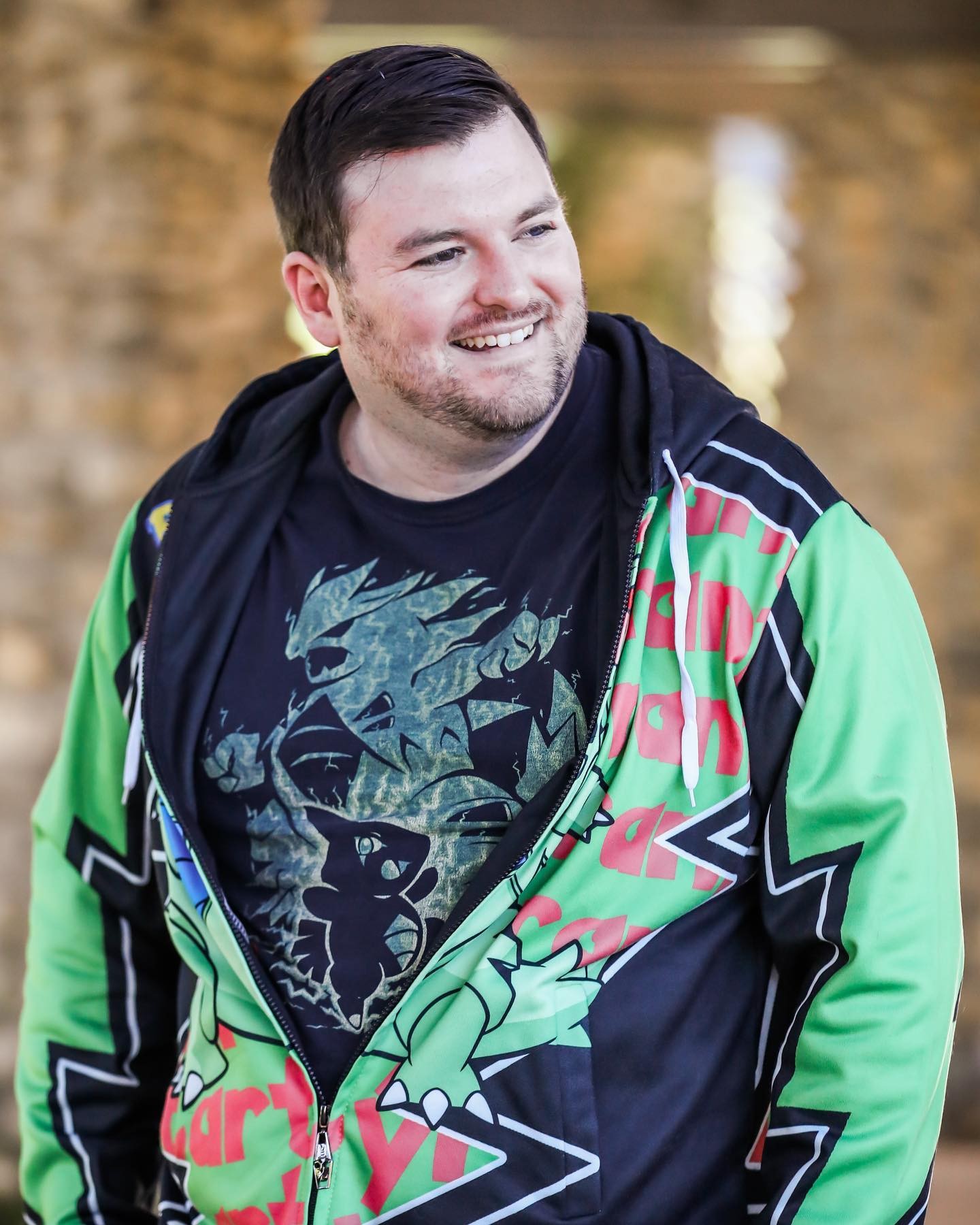
What can society do to ensure an environment that’s helpful to artists and creatives?
Honestly, a lot of it comes down to what we value as a society. We don’t speak about the arts or entertainment as necessities, yet when hit by a global pandemic, all people did was consumed art to help them get through it. Art, entertainment, creativity, these are things that are necessary for a GOOD life, not just necessary for life itself.
Many of the fields that are much more basic necessities for life (medicine, infrastructure, etc) are also much more scientific in nature. They have formulas, equations, technical reasons for why things are the way that they are, and it absolutely works and is important in these fields. The issue is, when you focus a society so hard on this line of thinking that it causes them to only think of things technically, it can hurt their ability to improvise, to let go, to break the rules, etc.
Almost every student I have approaches a script for the first time like an equation they need to solve: they focus on where to put pauses, what to emphasize, where to speed up or slow down, etc., but that kind of thinking misses the most crucial element of acting; the humanity. You’re never going to become a great artist if your only concern is getting the right answer; your concern has to be on bringing your truth, first and foremost.
Contact Info:
- Website: https://adinrudd.com/
- Instagram: @AdinRudd
- Facebook: https://www.facebook.com/adinruddva
- Twitter: @AdinRudd


